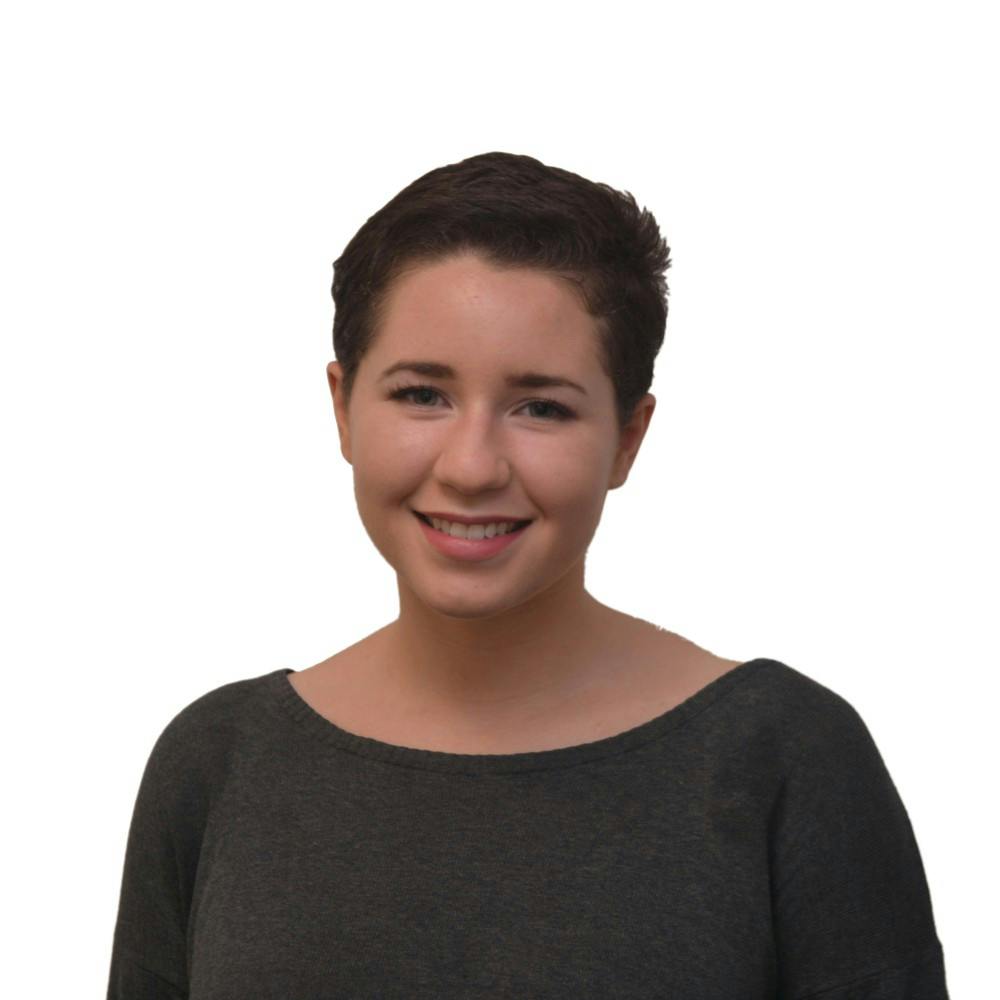The month of silence mandated by the monk class will be over by the time this column is in print. While there was a tapering off of distractions going into this, there’s no easing out.
I’ve been eating raw, waking up at 5 a.m., keeping up with schoolwork and thinking clearly. I feel a constant reassurance, and I fear it going away once I’m back to constant pinging. I’ll go from Hanh to Trungpa — extreme asceticism to extreme hedonism — and just in time for finals!
I wonder whether monk-land is really so different from real-world. This is my only solace. Being in the monk class is like being in this reality where the boundaries are explicit. Each restriction has words and each action is delineated: wake up by 5 a.m., do not eat processed food, do not speak.
My inner Marxist wants to equate these to structural forces molding opportunity in the real world: If you’re born in an economically depressed area, you’ll only have blue-collar work in your immediate grasp.
Actions are constrained and possibilities are limited, always. I’m entering back into a world where these limitations are insidiously covert and, consequently, far more difficult to navigate. While you may think that you’ve superseded your circumstances by attending Penn, you are still bound by the logic of your hometown. Through the artifice of my restrictions, constraints were laid bare: I am a monk, so I can only interact with the world in a codified way. The actions I could perform were a joy, even if they were so stringently restricted. Now, these will just amount to existing.
When not speaking, lots of things become unnecessary. The worries about confusing others fade after a while, as does the guilt. If you interpret my silent offering of a cookie as the call to the socialist revolution, then that is on you, the receiver. These interpretations are based on the circumstances of the receiver — circumstances that I, the initiator, could not possibly know. Reactions to me or around me became impersonal, and soon I begin to realize that, maybe, I was never anything more than a spectator, after all.
People will continue to move through their lives, in and out of dramas and triumphs, and you can only infer from the periphery. Doubtless, these same movements would be occurring whether or not you were intervening. I hope I don’t take this line of thinking too far and become a constant bystander. I hope I don’t reject this line of thinking too much and stick my nose in where it doesn’t belong.
Disallowed from media consumption, all I knew about current events came from bits of conversations I eavesdropped on. Really, bits and pieces are all you’re ever getting — there’s no way to eliminate all bias; it’s impossible to aggregate all the worldviews necessary to do so.
I worry about losing this sense — I think we’re often forced into false certainties. We’re often forced to make articulate, well-reasoned statements formed from little more than fragmentary information. And we need to then defend those statements from naysayers, lest we seem wishy-washy and unsure of ourselves.
And isn’t that the worst sin you could commit? To say something you didn’t really mean? To double back on an assertion?
I think I’ve said many things with conviction out of a need to sound self-assured. Assuage any uncertainty, so we at least can grasp onto something. When there is no ground, there is nowhere to walk. No step can be made, so no progress occurs. How horrible it would be to exert energy and to get nowhere?
I may have taken a lot of steps throughout this journey, but I don’t know that I’ve travelled anywhere.
I worry about disappointing people. I don’t think that my past month has been any different from what anyone else has been doing. The main difference, I think, is that I was aware that I was partaking in something — and others were aware too. The main difference is the acknowledgement of spectacle and artifice, of possibility and impossibility. These are things that exist, too, in the everyday — it’s the lack of spectacle that renders them invisible and renders us all unaware.
Through letters and through talking at me when I couldn’t even respond, people have conveyed that they can’t wait for me to spew profundities and the secrets of life. If we’re all performing anyway, I guess I can tell you what you want to hear.
And, ever aware of my circumstances, I have decided to monetize them due to this high demand.
If you are willing to pay my honorarium, I will show you the way.
ASHLEY STINNETT is a College senior from Levittown, N.Y., studying English and linguistics. Her email address is stashley@ sas.upenn.edu. “Just Monking Around” usually appears every other Monday.
The Daily Pennsylvanian is an independent, student-run newspaper. Please consider making a donation to support the coverage that shapes the University. Your generosity ensures a future of strong journalism at Penn.
Donate








